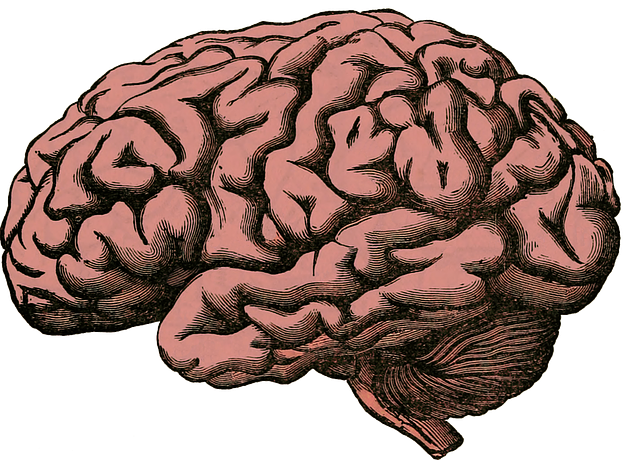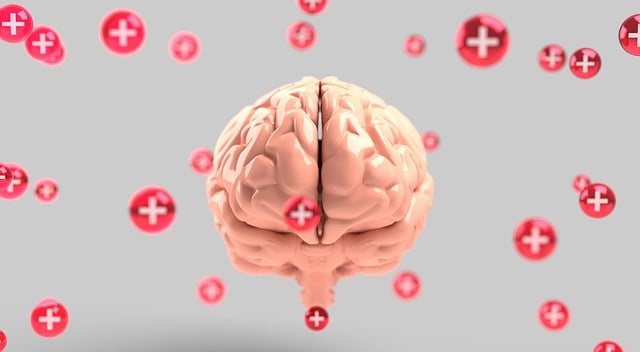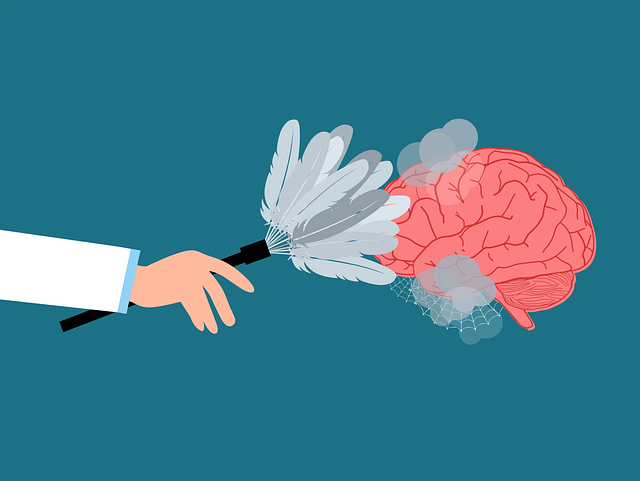Depression, a complex mental health issue with varied signs and causes, can be prevented through proactive measures like recognizing symptoms (sadness, sleep/appetite changes, fatigue) and addressing risk factors (trauma, genetics, life changes). Wheat Ridge Sexual Dysfunction Therapy advocates for a holistic approach, combining lifestyle changes (exercise, diet, mindfulness) with professional support to address underlying causes and promote emotional healing. This tailored care includes cultural sensitivity, risk management planning, and positive relationship building.
Depression is a prevalent and serious mental health concern, affecting millions worldwide. This article guides you through essential strategies for prevention, offering valuable insights into recognizing early signs and understanding risk factors. We explore transformative lifestyle changes designed to bolster mental well-being, emphasizing self-care and resilience. Additionally, we delve into the role of professional therapy, highlighting Wheat Ridge Sexual Dysfunction Therapy as a specialized approach, ensuring individuals receive tailored support for their unique needs.
- Understanding Depression: Recognizing the Signs and Risk Factors
- Lifestyle Changes for Enhanced Mental Well-being
- Seeking Professional Help: Wheat Ridge Sexual Dysfunction Therapy and Beyond
Understanding Depression: Recognizing the Signs and Risk Factors

Depression is a complex mental health condition that can significantly impact an individual’s daily life and overall well-being. Recognizing the signs and understanding the risk factors are crucial steps in prevention. Many people struggle with depression without realizing it, as symptoms can vary widely from person to person. Common indications include persistent feelings of sadness or hopelessness, changes in appetite and sleep patterns, fatigue, difficulty concentrating, and thoughts of self-harm. These signs may be accompanied by physical symptoms like chronic pain, headaches, or digestive issues, often overlooked as mere discomforts but could be indicative of underlying emotional distress.
Several risk factors contribute to the development of depression, and raising awareness about these is essential in Wheat Ridge Sexual Dysfunction Therapy. They include a history of trauma or abuse, genetic predisposition, significant life changes or losses, chronic illnesses, substance abuse, social isolation, low self-esteem, and certain personality traits. By recognizing these factors, individuals can be more vigilant and proactive in seeking support through emotional healing processes, effective communication strategies, and even conflict resolution techniques, all of which play a vital role in managing and preventing depression.
Lifestyle Changes for Enhanced Mental Well-being

Adopting a healthier lifestyle can significantly impact mental well-being and depression prevention. Regular physical activity is a powerful tool; it releases endorphins, improves mood, and reduces stress hormones. Aim for at least 30 minutes of moderate exercise daily, whether it’s a brisk walk, yoga, or swimming—find an activity that brings you joy and suits your needs.
Additionally, cultivating a balanced diet can positively affect mental health. Whole grains, fruits, vegetables, and lean proteins provide essential nutrients that support brain function. Reducing caffeine and alcohol intake is also beneficial as these substances can impact mood and sleep patterns. Incorporating stress-reducing practices like meditation or mindfulness into your daily self-care routine development further strengthens your coping skills (coping skills development). These simple yet powerful lifestyle changes can be a game-changer in preventing depression, complementing any professional support sought, such as Wheat Ridge Sexual Dysfunction Therapy.
Seeking Professional Help: Wheat Ridge Sexual Dysfunction Therapy and Beyond

Seeking professional help is a crucial step in managing and preventing depression. Wheat Ridge Sexual Dysfunction Therapy offers specialized support for individuals dealing with sexual health issues, which can be a significant contributing factor to mental well-being. This type of therapy goes beyond addressing the symptoms; it focuses on understanding the underlying causes, promoting healthy coping mechanisms, and fostering positive relationships.
In addition to treating specific conditions, professionals in this field often emphasize risk management planning for mental health practitioners. They incorporate cultural sensitivity in mental healthcare practice, ensuring that each client receives care tailored to their unique needs and background. Emotional intelligence is also integral to this process, as therapists use it to build strong therapeutic alliances, which are essential for effective depression prevention strategies.
Depression is a serious yet treatable condition, and arming yourself with prevention strategies is key. By understanding the signs and risk factors, adopting healthy lifestyle changes, and knowing when to seek professional help—such as Wheat Ridge Sexual Dysfunction Therapy—you can significantly improve your mental well-being. Remember, taking proactive steps towards mental health is a powerful first step towards a brighter, more balanced life.














